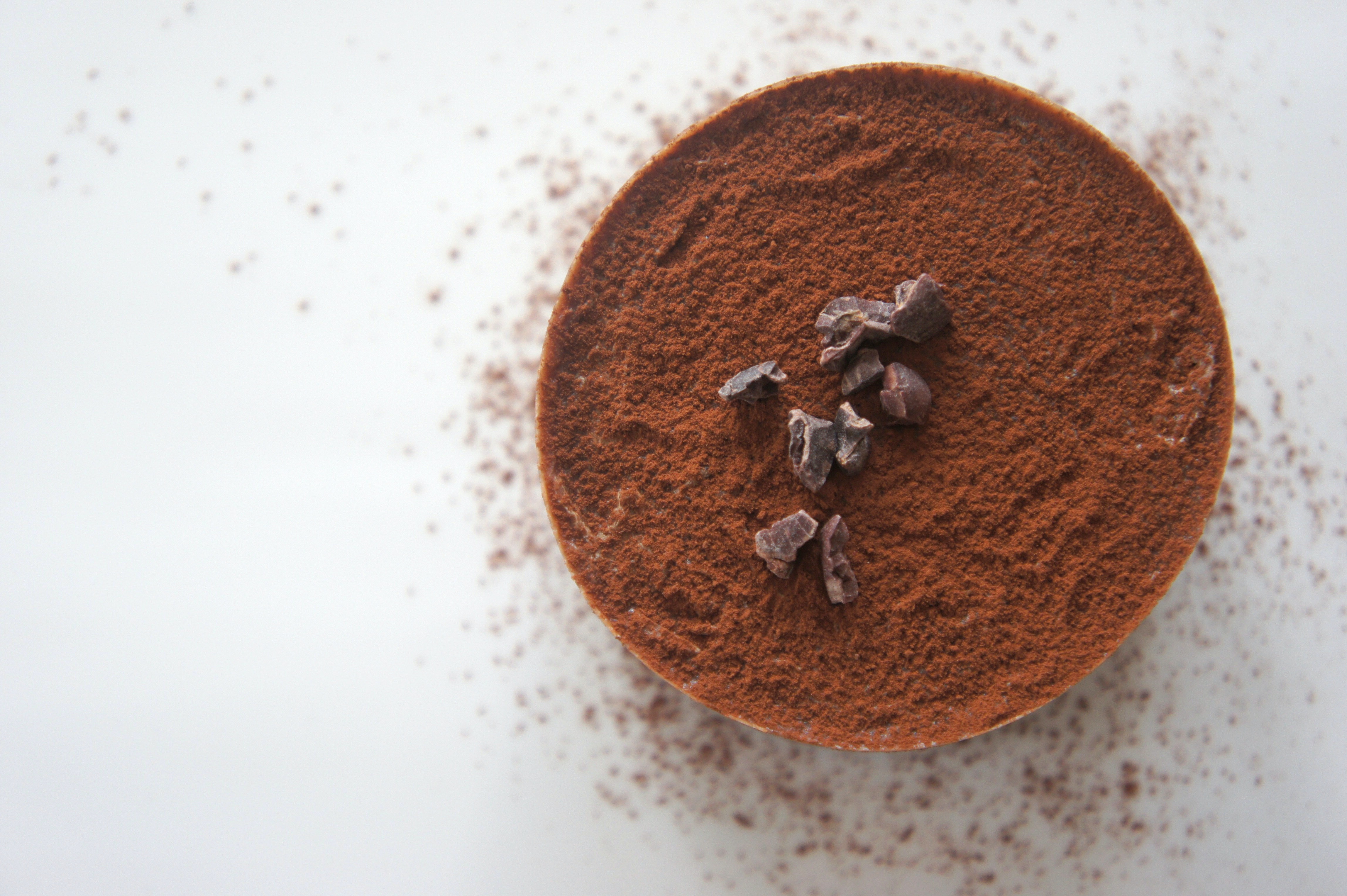The struggle of cocoa plantations surviving climate change in Ghana and the solutions provided

In tropical Africa, cocoa farming and the livelihoods of communities in Ghana are suffering the consequences of climate change. The evidence of this is known to be scanty. Anning and other researchers evaluated the smallholder cocoa farmers' perception on mitigation and adaptation on climate change in Dansi South District, Ghana. There were three focus group discussions and 150 households from three communities in the district. Other indicators that were analysed were weather patterns and how the plantations adapted to climate change.
About Cocoa plants in Ghana
A major cash crop in Ghana that provides income, employment, food and raw materials for the chocolate industry is cocoa. Cocoa is known to be the chief cash crop and the principal agricultural export in Ghana. Also cocoa is known to be a tropical perennial crop. The global production levels of export are very high and almost second towards Cote d Ivoire. The cocoa industry gives many families jobs, as about 800 000 farm families and through foreign exchange cash crops it accumulates to $2 billion. Further, the driver of poverty alleviation and economic growth is cocoa production and is recognised amongst the developing nations with its advantages to stabilise communities. The challenge that the cocoa production faces is climate change. In every phase of the cocoa production, favourable climate conditions are needed. Precipitation is one weather pattern that impacts cocoa production due to soil water being scarce. As climate change gets worse, the cocoa producing industries are becoming vulnerable to adverse climate change conditions. In Ghana specifically, prolonged dry spells and floods would have a huge impact on food security for households and cocoa production.
The negative effects of climate change
The other climate risks that are against cocoa production are rising temperatures, inconsistent rainfalls, droughts and seasonal patterns. Further, cocoa diseases are generally enhanced by climate change such as black pod and swollen shoot, which alters the resistance to pest infestation and diseases. Climate change is impacting cocoa production in Ghana, and resilience of smallholder cocoa farmers must be put in place to address the associated threats and to save their livelihoods.
The study contextualized
The Intergovernmental Panel on Climate Change (IPCC) is mostly for policy makers to make a scientific assessment on climate change and its potential risks, which are mostly caused by human-induced actions. The IPCC defines adaptation as “the interventions that minimise the adverse effects of climate change while taking advantage of potential new opportunities.For smallholder cocoa farmers in Ghana who experience poverty and economic vulnerability, adaptation is identified as an important strategy that can lessen their vulnerability to climate risks and enhance livelihood security.” The articles further mention that, “ adaptation practices can only be undertaken by smallholder cocoa farmers if they can discern alterations in climatic conditions. The adaptation measures for the cocoa farmers in Ghana are hardly known and therefore lead to greater climate risks. Moreover, there is research on how the cocoa farmers will implement these adaptation measures in Ghana. This study looked at climate change adaptations and manifestations in cocoa farms in Ghana, mainly, Adansi South District of Ghana.
The study has the following objectives, which are as follows:
(i) “evaluate the perception of climate change by smallholder cocoa farmers”
(ii) determine the perceived physical manifestations of climate change on cocoa farms”
(iii) determine smallholder cocoa farmers’ perception of some adaptation measures used to manage climate risks” (iv) assess the factors that influence the adaptation measures employed by the farming households to lessen climatic risks.
The method of the study was a field study taken on three communities namely, “New Edubiase, Tonkoase No.1, and Tonkoase No. 2”. Regarding climate risks, temperature and precipitation were two measures that were analysed. The findings were found to meet the objectives of the study which are outlined above.
The conclusion of the study
The study showed the impacts of climate change on small-holder cocoa farmers regarding adaptations and physical manifestations in the Adansi South District of Ghana. The findings showed that climate change amongst the farmers was perceived by the change of weather patterns in rainfall and temperature. The weather change caused an instability in the cocoa plants such as pest manifestations and diseases. Moreover, the farmers have implemented several measures to adapt to climate change, which had a positive impact on the yield and harvest of the cocoa plantations. Further, the study showed policy interventions, which are as follows: “First, smallholder cocoa farmers’ perception of the changing climate would promote the implementation of adaptable measures to ensure sustainable cocoa production in the district. Second, there is the need to educate cocoa farmers on the repercussions of the changing climate and their adaptable measures, highlighting the associated risks and benefits of key adaptation options to assist in prioritisation. Third, policy interventions regarding adaptation practices should take into consideration the potential influence of socio-economic factors such as age, gender, and education on the choice of climate change adaptation measures.”
In summary, the solution for the cocoa plantations to adapt to climate change policy interventions must be implemented.
Story Source:
Materials provided by Current Research in Environmental Sustainability. The original text of this story is licensed under a Creative Commons License. Note: Content may be edited for style and length.
Journal Reference:
- Author links open overlay panelAlexander K.AnningaPersonEnvelopeAugustineOfori-YeboahbFrankBaffour-AtabGeorgeOwusuc et al. (2022) Climate change manifestations and adaptations in Cocoa Farms: Perspectives of Smallholder Farmers in the Adansi South District, Ghana, Current Research in Environmental Sustainability. Elsevier. Available at: https://www.sciencedirect.com/science/article/pii/S2666049022000743 (Accessed: January 29, 2023).
- Close-up photography of Cocoa Powder · Free Stock Photo (no date). Available at: https://www.pexels.com/photo/close-up-photography-of-cocoa-powder-691152/ (Accessed: January 29, 2023).
0 Comments